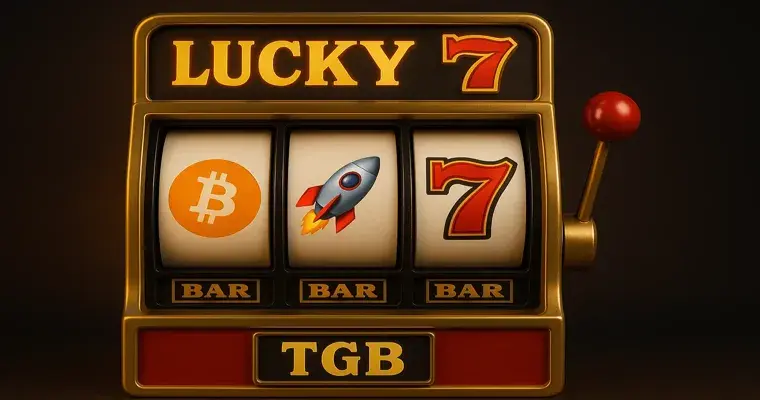A gift acceptance policy explains what kinds of charitable donations your nonprofit can and cannot accept, and the protocol for your organization once these assets are received.
No matter the size of your organization, a gift acceptance policy “is a must,” according to fundraising expert Laura Fredricks, JD.
And, of all the legal documents and policies your nonprofit has in place, this one could be the biggest game changer for your fundraising team.
Here’s why: a gift acceptance policy not only ensures that your team will treat all donors equally and holds your team accountable to its word. It can also empower your major gifts officers to solicit different types of donations.
Nonprofits seeking ways to maximize their fundraising revenue should consider how their gift acceptance policy can work in their favor.
Does Every Nonprofit Need a Gift Acceptance Policy?
You might be asking: is a gift acceptance policy really necessary? Can’t I just accept any donation that might come our way? Well, there are over 1.7 million registered charitable organizations in the United States alone. And sure, not all of them have gift acceptance policies.
So why create a gift acceptance policy? According to NEO Law Group’s Nonprofit Law Blog:
“While it may seem intuitive for a 501(c)(3) nonprofit to openly accept gifts without question, certain gifts can result in consequences that harm the nonprofit’s mission, drain its finances, and/or damage the nonprofit’s reputation. In order to avoid such consequences, it’s best practice for nonprofits to adopt a Gift Acceptance Policy.”
In other words, having a gift acceptance policy is a smart idea from a risk management standpoint. But it’s not just that. Having these clear guidelines will give your team the confidence and clarity needed to take advantage of the latest giving trends, from peer-to-peer fundraising to Donor-Advised Funds.
The Best Arguments for Having a Gift Acceptance Policy
Can a gift acceptance policy help you manage donor expectations?
Yes.
Can it help your team efficiently process charitable contributions?
Yes, it does that too!
And can it help you maximize revenue opportunities for your organization?
Yes, it absolutely can. For example, have you read about the rise of crypto donation acceptance among nonprofits? You’ll want to consider updating your gift acceptance policy to include a line on cryptocurrency donations.
Above all, there are 10 key reasons to have a gift acceptance policy according to Laura Fredricks, author of “The Ask: How to Ask Anyone for Any Amount for any Purpose.” Those reasons are as follows:
- It prevents donor misunderstandings
- It ensures equal treatment of donors
- It makes nonprofits accountable
- It fosters sound fiscal management
- It can establishes donation tiers and respective gift recognition for each
- It serves to protect the organization’s charitable status
- It helps the organization avoid public relations disasters
- It educates the board and other stakeholders on major gift fundraising
- It helps the organization adapt to changing times, through the regular recommendations of the gift acceptance committee
- It makes everyone aware of gift guidelines.
In short, a gift acceptance policy is an essential document for anyone fundraising or processing donations for your organization.
What Should Be Included in a Gift Acceptance Policy?
Some nonprofits create a gift acceptance committee, often consisting of board members, that can lead the development of their policies. Your committee will decide whether your policy needs to be short or detailed, and what to include.
Here are a few essential items to consider including when developing or updating your organization’s policy:
- Which contributions will and won’t be accepted (e.g. property, stock, in-kind gifts, cryptocurrency)
- Reporting, appraisal and disposal requirements for each type of gift
- What kinds of donors can make gifts to your organization (e.g. individuals, foundations, corporations, Donor-Advised Funds)
- Who can accept gifts on behalf of your organization
- How donor gift receipts will be handled
Sample Gift Acceptance Policies
Looking for some inspiration to get started? While you should consult legal experts, take a look at three gift acceptance policy examples to get a sense of what other organizations have done:
Relief International
This policy is short, sweet, and to the point.
United Way of New York City
This organization’s policy is moderately expansive.
Wake Forest University
This policy is highly detailed and contains specific language on cryptocurrency donations.
Looking for additional examples? Check out these resources from the Nonprofit Risk Management Center and Candid.
Keeping the Policy Up to Date
A gift acceptance policy is not a “set it and forget it” kind of document. In fact, it can (and should) be reviewed every one to two years, says Lynn Gaumer, Senior Gift Planning Consultant of Stetler. A regular update ensures you’re following current legal guidelines and gives your team an opportunity to clarify any vague clauses.
Closing Thoughts
To a nonprofit struggling to meet annual revenue goals, it may seem odd to reject a charitable gift on principle. But a gift acceptance policy can help protect your organization from a range of potential headaches or challenges in the future, from awkward conversations, PR disasters, or even improper gift reporting.
On the flip side, updating your gift acceptance policy can be a great way to modernize and future-proof your fundraising strategy. Making regular updates to your policy ensures that your team is thinking about different opportunities to maximize your fundraising outcomes.
Disclaimer: This article was written for general informational purposes only, and is not financial advice. Please consult with a qualified tax advisor regarding your organization’s specific needs and responsibilities.




















